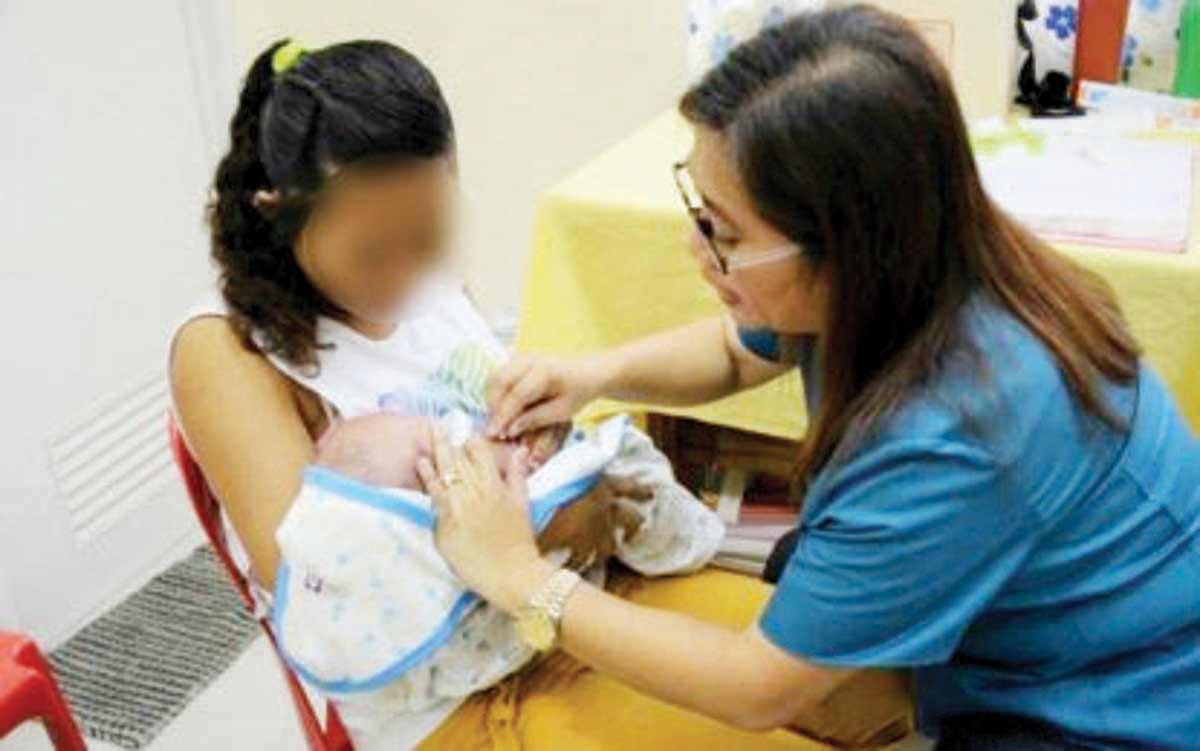
Teenage pregnancies in Negros Oriental in the 10-14 age bracket remained high over the past three years, mostly attributed to greater access and use of social media, health authorities in Dumaguete City said on Thursday, August 22.
The health officials disclosed during a Kapihan forum on the Family Planning Month celebration this August that even the province’s remotest areas now have Internet connectivity and electricity, allowing people to be connected to the world.
Records showed 1,777 teenage pregnancies were registered in 2021, followed by 3,135 in 2022 and 2,787 in 2023.
“Registered” means these young girls have sought prenatal care from health centers.
Apart from social media, other factors contributing to more teenage pregnancies are the influence of Western culture, curiosity, and peer pressure, Maria Joan F. Diada, the adolescent health and development program coordinator of the Integrated Provincial Health Office (IPHO) said in mixed English and Cebuano.
“Based on analysis, we are looking at exposure to social media and the adoption of Western culture as among the reasons that teenagers get pregnant.”
She added that adolescence is when young people “experiment,” which combines with hormonal changes during puberty and peer pressure.
Diada said they collect data on teenage pregnancies involving girls divided into two groups, those in the 10-14 and 15-19 age brackets.
Records showed 30 registered pregnancies in 2021, and 72 and 85 in 2022 and 2023, respectively, in the 10-14 age bracket.
Registered pregnancies in the 15-19 bracket are 1,747 (2021), 3,063 (2022), and 2,787 (2023).
Dr. Liland Estacion, IPHO chief, said in the same forum that remote areas previously inaccessible have also recorded teenage pregnancies.
She cited Barangay Dawis in Bayawan City, which shares boundaries with Mabinay town, as having many cases of teenage pregnancies.
“The responsibility of educating young girls about early pregnancy sits primarily with the parents. However, many transfers this responsibility to the teachers,” Estacion said in mixed English and Cebuano.
Health officials said they are strengthening adolescent reproductive health care programs in schools and in homes to address the problem of teenage pregnancy while also empowering young mothers on the proper rearing of their child at a very young age. (PNA)
